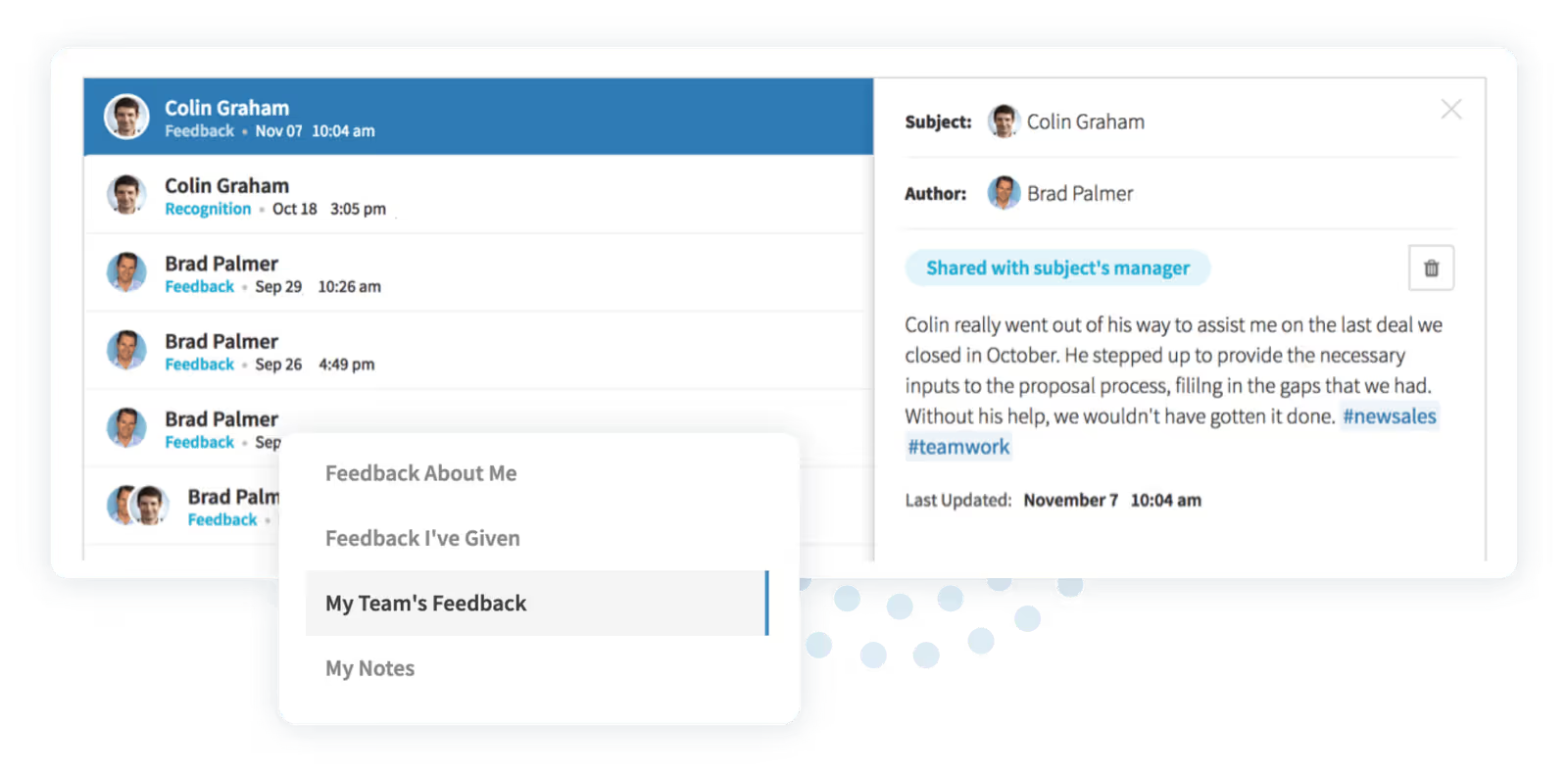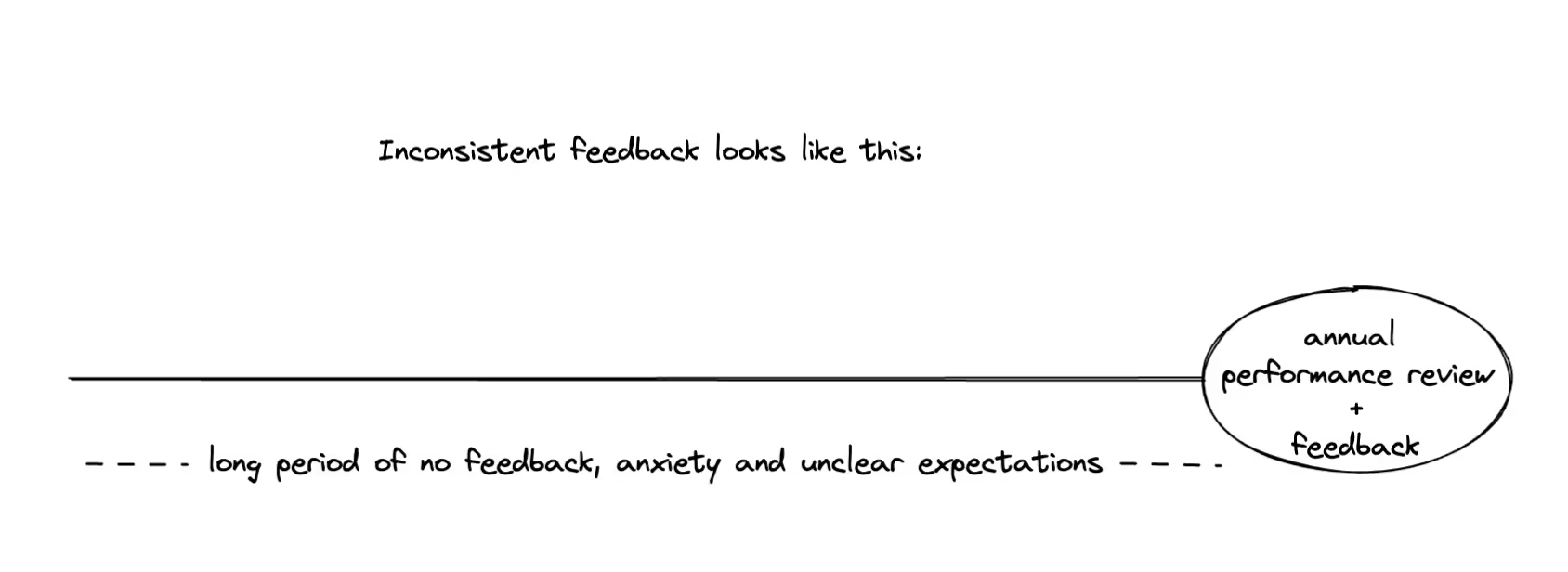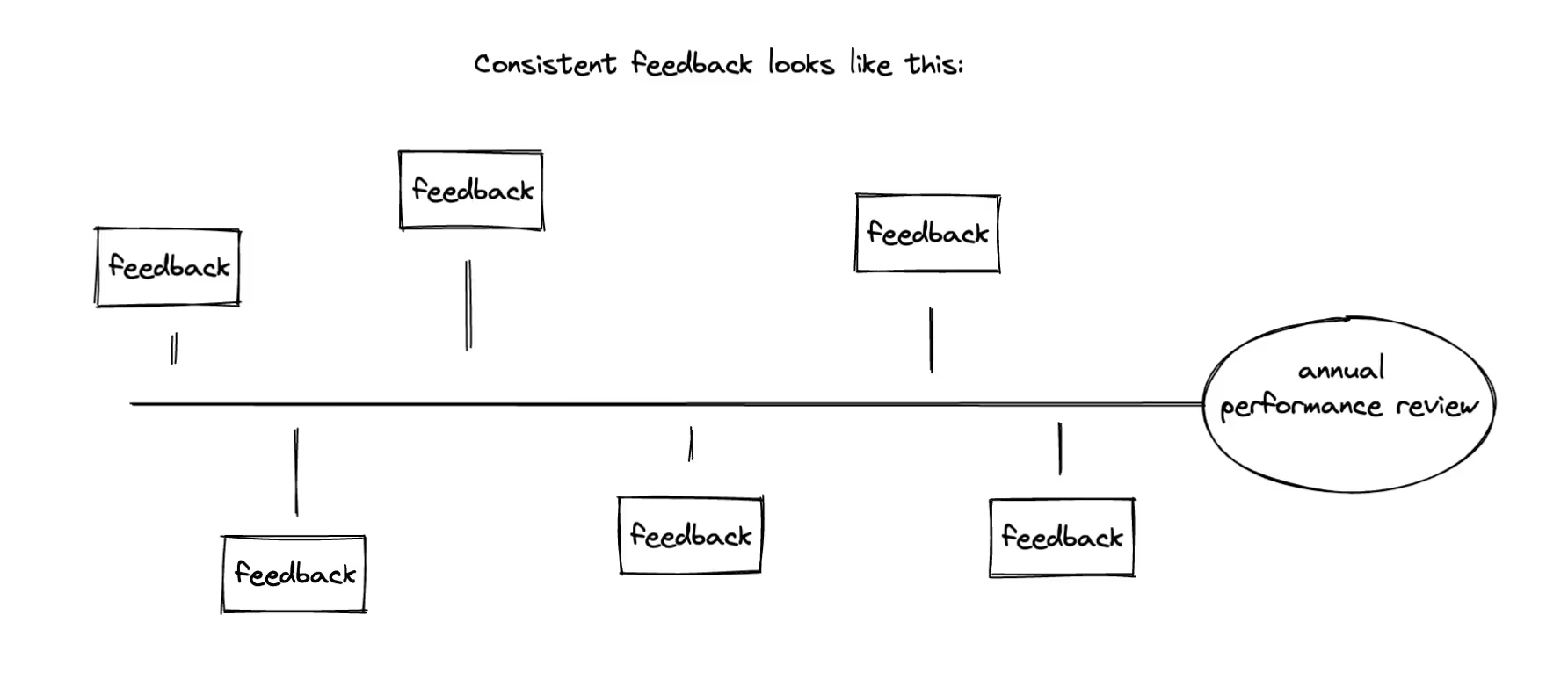4 Barriers to Performance Appraisal (And How to Overcome Them)
Getting over the barriers to performance appraisal processes can help you reduce turnover and improve employee performance. You know this, but it just seems that no matter what system you get into place, you can’t see consistent improvement in employee performance in the workplace.
You’re not alone. Gartner data shows that only 14% of employees feel motivated to improve performance after a review. Boosting employee performance is critical, but making it happen isn’t always straightforward.
The right performance appraisals can help get performance back on track. You need a performance appraisal system that is consistent, flexible, and educational. The right system can overcome common barriers that get in the way of a strong performance management system.
We have identified four common barriers to employee performance and performance reviews along with tips for how to overcome them in your workplace.
4 Barriers to Performance Appraisal (And How to Overcome Them)
Break down these four barriers to improve your performance reviews and employee performance.
1. Inconsistent Processes
Inconsistent processes are not your friend. Your team won’t know what is expected of them, when they should anticipate feedback, or how much the feedback matters.
Without a standardized process, managers may send feedback that doesn’t get recorded for performance reviews. The manager may be tempted to cut and paste feedback from previous performance review sessions. Inconsistent and inaccurate feedback hurts employees, as they don’t know which aspects of their performance need to change.
This, in turn, makes HR’s job even harder. HR has to gather all of this inconsistent feedback, roping in reviews as they come in and sifting through off-hand manager comments.
Inconsistency makes it difficult for HR and management to understand who is performing well and who needs more coaching.
If inconsistency carries on for too long, it causes employee burnout. Employees cannot see how their work positively or negatively impacts an organization, and they will not be inclined to modify their performance.
How to Overcome This Barrier:
You must standardize performance review processes so employees know what to expect. One way to standardzie the process is with performance management software that gets everyone on the same page. HR can use the software to feedback expectations and work diligently to ensure that managers are meeting those feedback requests.
Employees should know when they’re getting feedback, and this feedback should be tracked and organized so it can be used in annual reviews.
Once a standardized performance management system is in place, employees will gain clarity in their work, and this clarity will improve motivation.
Want to see how a standardized processes can lead to a shift in company culture? See how Cline Cellars implemented standardized feedback through PerformYard to boost their employee performance.
2. Lack of Communication
When managers don’t communicate with employees, employees have to play a guessing game.
Was my work acceptable?
Am I doing an ok job?
What am I supposed to be doing right now?
Ineffective managers only start communicating when there is a problem. This often leads to employees dreading communication with their bosses – a situation that is ripe for employee turnover.
How to Overcome This Barrier
With so many employees working remotely, it’s a little harder to simply roll over on a swivel chair to say hi. That doesn’t mean that communication needs to break down. Use Slack, Zoom, Teams, or performance feedback software to keep those lines of communication open.

PerformYard's continuous feedback feature, seen above, can help you deliver feedback and roll it into performance reviews.
Managers and employees need to be partners. Consistent communication ensures that the company recognizes employees’ hard work, corrects suboptimal work, and both parties treat each other with respect.
3. Limited Motivation
Each employee is unique, and therefore each one has different needs for motivation and challenges.
Great pay and benefits are wonderful forms of compensation for a job well done, but the motivation must go beyond a paycheck.
How to Overcome This Barrier
Employees should be challenged and encouraged to grow and develop in the workplace. One of the best ways to help employees grow is through goal setting. Goal setting should encompass both goals that improve performance and goals that boost personal development.
Goals also need to be dynamic, not static. If, for example, an employee had a goal to make 500 in a year, and made 600 sales in four months, the manager should update the goal to reflect that performance.
That’s not to say the manager shouldn’t recognize and celebrate the employee meeting the; it absolutely should. But there needs to also be a new goal with a new incentive to help keep employees motivated, learning and growing.
4. Not Enough Feedback
Feedback – be it through formal reviews or weekly check-ins – needs to be consistent and frequent. Without frequent feedback, employees are flying blind.
Imagine, for a moment, that you are a sales associate. You’ve been told to sell some software, and at the end of the year, your boss will tell you if you sold enough. Only there’s one problem: your boss never told you how much software you needed to sell.
You’d be pretty anxious, right? Have you sold enough? Too little? Are you on track?

That end-of-the-year review would be nerve-wracking. You’d have no idea how well you’d been working. This system also sets your boss up for failure. If you came up short, it’s because your boss never let you know how you were doing.
How to Overcome This Barrier
Your boss can boost your performance and the company’s performance by providing consistent and frequent feedback to let you know how effectively you are meeting your goals.

Feedback doesn’t need to overwhelm your organization. It shouldn’t function as a time suck. Here’s an excellent look at how a feedback structure can remain nimble while encouraging employee development.
How to Overcome Performance Appraisal Challenges
Great performance management spurs great employee performance. Ineffective performance management can cause employee performance to take a nosedive, leading to high rates of turnover.
By breaking down the four key barriers to performance appraisal processes, you can help employees feel valued and recognized, which will in turn help spur employee growth and development.

